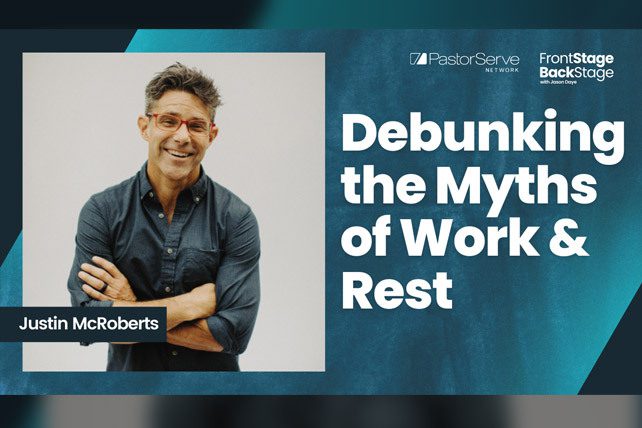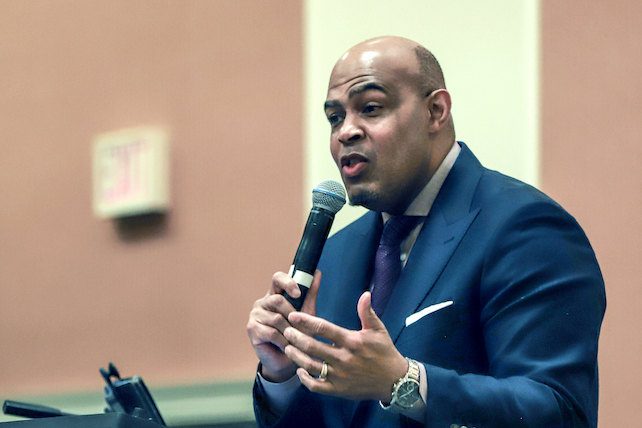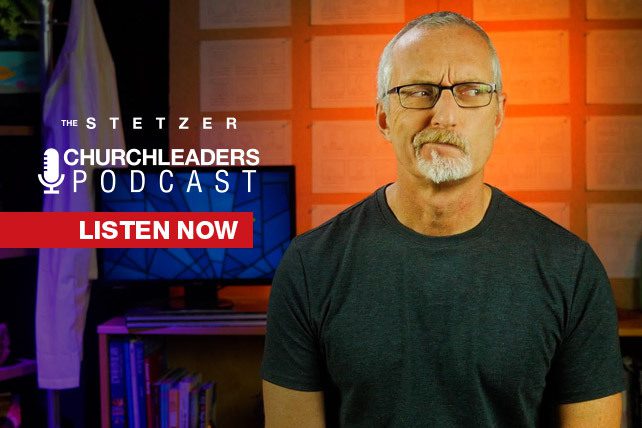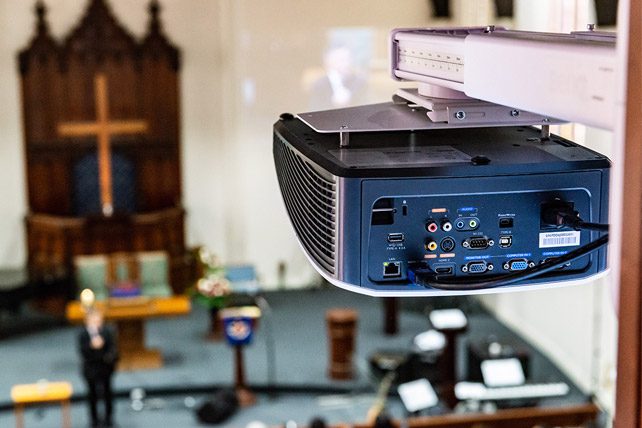A new study found that 1 in 6 people (16%) who attend church regularly “admitted to having ever paid for, encouraged, or chosen to have an abortion.” This surprising statistic is combined with alarming survey results showing how regular churchgoers respond to cornerstone Christian beliefs.
“If America’s most devout Christians are confused about abortion, there is little hope for the pro-life movement,” said David Closson, director of Family Research Council (FRC) Center for Biblical Worldview.
Assessing views on abortion was just one portion of the nationwide study on worldviews among Christians. In fact, “20% of adult churchgoers claim to have a non-biblical worldview.”
FRC Study Assesses Churchgoers and Abortion
“Christians might be surprised to learn that around 17% of female churchgoers have had an abortion, and 15% of male churchgoers have paid for or actively encouraged someone to get an abortion,” wrote Closson.
“To put these percentages into perspective, consider the Southern Baptist Convention (SBC), the nation’s largest Protestant denomination. In 2023, the total membership across 47,198 SBC churches was 13.2 million,” Closson continued. “If we were to apply the 16% figure from the FRC and Lifeway surveys, approximately 2.1 million Southern Baptists have, at some point, actively participated in an abortion.”
“In other words, we can conclude that millions of theologically conservative Christians have a personal history with abortion, even if they do not talk about it,” Colosson added.
The FRC’s Center for Biblical Worldview published the results of its study, “Survey on Adult Churchgoers on Social Issues and Worldview,” in June. With George Barna leading the survey and results, the team “incorporated responses from 1,009 adults, age 18 or older, who attend a worship service at a Christian church at least once a month, either in-person or online.” Further analysis projects that this sampling represents 44% of all U.S. adults.
When asked about their views on abortion, responders said they were “pro-life, with some exceptions or limitations” (36%), “pro-life, without exceptions or limitations” (27%), or “pro-life but could be convinced otherwise” (5%). Those claiming to be pro-choice or pro-abortion numbered about 27% of those surveyed.
Churchgoers identified how they are influenced on their views on abortion. Nearly 3 in 4 people (71%) look to “moral and religious beliefs,” while others depend on “political and policy considerations” (11%) or “public preferences and opinions” (11%). Around 8% of the people asked weren’t sure.
The survey found varied responses to what the Bible teaches about abortion. Around 35% believe that the Bible mentions “abortion is not acceptable under any circumstances,” while 19% responded that the Bible says “abortion is acceptable only when the life of the mother is endangered.” Others feel the Bible says that the decision “is up to the couple involved” (10%), abortion is “acceptable if the child will be born with significant physical or mental challenges” (7%), or abortion is “acceptable under any circumstances” (6%).
Churchgoers were asked what the Bible says about when human life begins. Around 65% said the Bible is clear on when it begins, 21% responded that the Bible does not identify when human life begins, and another 13% didn’t know.
“A small majority of churched adults (58%) said they want their church to do more than it currently does to help or support women who have an unplanned pregnancy,” the survey found. On the same topic of helping moms with resources, 6% of respondents said they “want their church to do less for them,” and about a third of people (29%) suggested their “church should simply maintain what it is currently doing.”
The Church and Worldview Development
As regular church attendees, “a majority of adults said they desire their church to offer additional worldview training on social and political responsibility (79%), abortion and the value of life (71%), and human sexuality (68%),” the study revealed.


















 In our ministries, how can we overcome the pressures we often inflict upon ourselves and instead enter into freedom in the ways that we serve and live? In this week’s conversation on FrontStage BackStage, host Jason Daye is joined by Justin McRoberts. Justin has served in ministry in a variety of ways over the years. He’s a songwriter, storyteller, and coach. He’s the author of several books, including his latest, titled “Sacred Strides.” Together, Justin and Jason debunk some of the modern myths about work and rest and invite you to enter fully into God’s goodness for your life and ministry.
In our ministries, how can we overcome the pressures we often inflict upon ourselves and instead enter into freedom in the ways that we serve and live? In this week’s conversation on FrontStage BackStage, host Jason Daye is joined by Justin McRoberts. Justin has served in ministry in a variety of ways over the years. He’s a songwriter, storyteller, and coach. He’s the author of several books, including his latest, titled “Sacred Strides.” Together, Justin and Jason debunk some of the modern myths about work and rest and invite you to enter fully into God’s goodness for your life and ministry.










